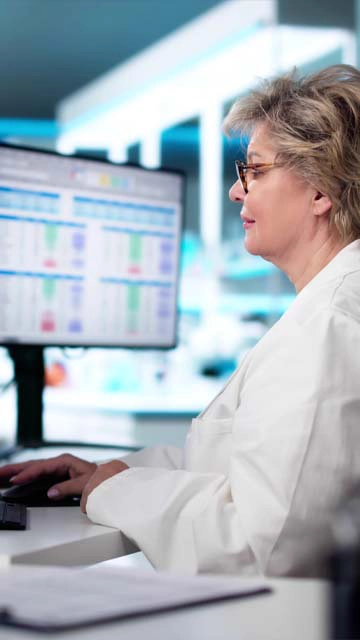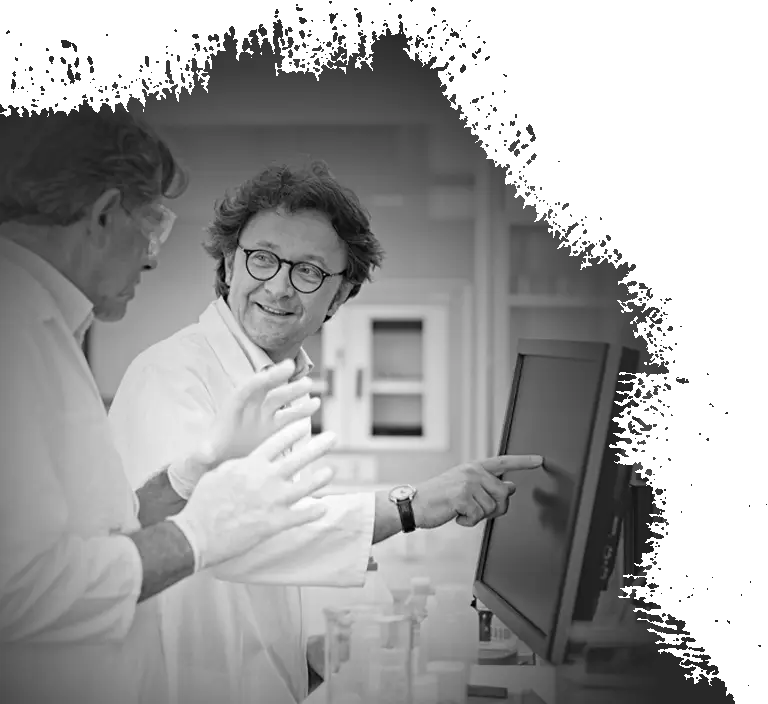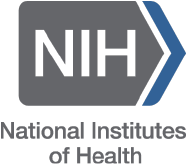



At VCU, you can join in pioneering research and trailblazing innovation, all happening in an exciting discipline that blends science and technology to better understand the natural world. Designed for those with a passion for STEM, the M.S. in Bioinformatics is your entry point into a fast-growing career field.
This program significantly enhanced my expertise in computational biology, data analysis, scientific writing, and presenting. Opportunities such as completing a thesis, participating in an internship, and conducting research have been invaluable in navigating both academic and industry career pathways."
Get ready to challenge the status quo

Bioinformatics offers a dynamic, multidisciplinary approach to biological and biomedical research perfect for any life sciences career pathway. At VCU, we blend courses in bioinformatics, genomics, molecular biology and computation with hands-on research and internship experiences to prepare graduates for this fast-growing and in-demand field. No computational experience? No problem, we offer bridge courses to set you up for success. And, by choosing a leading research institution with a top-rated hospital system in the midst of a city that’s home to biotechnology companies and government agencies, you’ll be able to explore a range of interests in a vast and varied career field.
The M.S. in Bioinformatics will prepare you to:









The majority of graduates are employed as bioinformatics scientists, who conduct research in areas such as pharmaceuticals, medical technology, biotechnology, computational biology, proteomics, computer information science, biology and medical informatics. They may design databases and develop algorithms for processing and analyzing genomic information, or other biological information. VCU graduates work primarily with biotechnology and pharmaceutical companies; for government agencies and federal contractors; and as consultants.
Bioinformatics analysts apply principles and methods of bioinformatics to assist scientists in areas such as pharmaceuticals, medical technology, biotechnology, computational biology, proteomics, computer information science, biology and medical informatics. They use tools to visualize, analyze, manipulate or interpret molecular data and may build and maintain databases for analyzing genomic or other biological information.
Bioinformatics engineers use engineering, biology, chemistry, computer science, and biomechanical principles to design, develop, and evaluate biological and health products and systems. They may design and evaluate the safety, efficiency, and effectiveness of software systems and design. They may also conduct research on the engineering aspects of biological systems and prepare technical reports and data summaries for scientific publications and patent applications.
Genomics researchers study the effect of genes on physical traits and how multiple genes interact to influence growth and development. Their findings may influence clinical care and diagnostics, help identify genomic risk factors, or support the development of new therapeutic treatments and medications. Genomic researchers may work in academia or government research, for healthcare facilities, or biotechnology and pharmaceutical companies.
Medical doctors and other health professions diagnose and provide nonsurgical treatment for a wide range of diseases and injuries of internal organ systems. They primarily provide care for adults and adolescents, and are often based in an outpatient care setting. The M.S. in Bioinformatics can serve as preparation for medical school or a career in a wide variety of health professions.
Research assistants support scientists in laboratory, survey, and clinical research projects. They support and direct the activities of team members to ensure compliance with protocols and objects, and may evaluate and analyze data.
Take the next step towards a future of
UNLIMITED potential.
Earn your M.S. in Bioinformatics today.